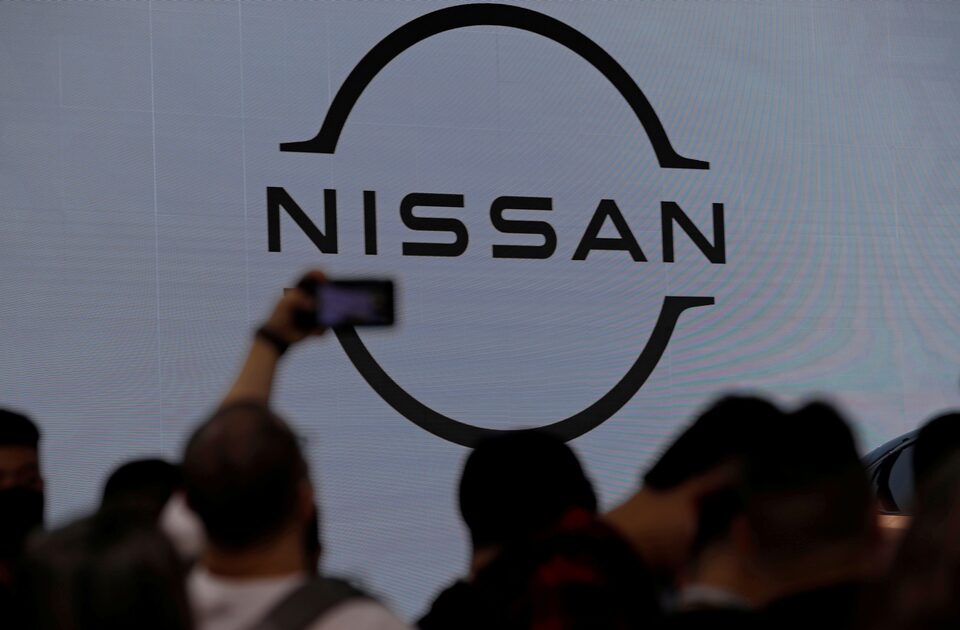Honda and Nissan are planning a merger to counter the rising competition from China’s rapidly advancing car industry. This move, if completed, would create one of the world’s largest automotive groups, placing it alongside global giants like Toyota, Volkswagen, General Motors, and Ford.
The proposed deal, potentially worth billions, is driven by the need to respond to the “rise of Chinese power” in the global auto market, according to Honda’s CEO Toshihiro Mibe. He emphasized that by 2030, the two Japanese automakers must unite and strengthen their competitive capabilities to avoid being surpassed by their rivals.
The merger would also include Mitsubishi, of which Nissan is the largest shareholder. By combining forces, the three companies could pool resources to take on electric vehicle (EV) makers, especially China’s BYD and other local producers rapidly gaining market share. Chinese EV companies have grown formidable due to their lower labor and manufacturing costs, which allow them to offer more competitively priced vehicles. As a result, China has become the world’s largest producer of electric cars.
Mibe pointed out that the automotive industry is undergoing a significant shift. “The rise of Chinese power and emerging forces is transforming the structure of the industry,” he said. The competition is particularly intense in the electric vehicle sector, where Chinese companies have outpaced many traditional automakers, including European brands. In response, the European Union has recently imposed hefty tariffs on Chinese EV imports, following concerns over unfair subsidies to Chinese manufacturers. These tariffs are expected to increase from 10% to 45% over the next five years, although there are fears that the move could drive up EV prices for consumers.
Combined, Honda and Nissan generated over $191 billion in sales, as reported by Nissan’s CEO Makoto Uchida. Earlier this year, the two companies agreed to explore a strategic partnership focused on electric vehicles, which evolved into talks about a full merger. “The reason we started these talks is that we believe we need to build up our capabilities to compete with the emerging forces by 2030, or else we will be left behind,” Mibe stated.
Despite these challenges, Mibe made it clear that the merger is not a bailout for Nissan, which has faced declining sales in recent years. Nissan’s struggles were compounded by its decision to cut approximately 9,000 jobs and reduce global production by 20% in response to weak demand in China and the U.S. The company, once a symbol of Japan’s automotive strength, has struggled to regain its footing since the 2019 arrest of former CEO Carlos Ghosn, who fled Japan while facing charges of financial misconduct.
Ghosn, who is currently in Lebanon, dismissed the merger plans as a sign of “panic and desperation.” Mibe, however, stressed that any potential merger would depend on Nissan’s recovery and ability to regain stability.
